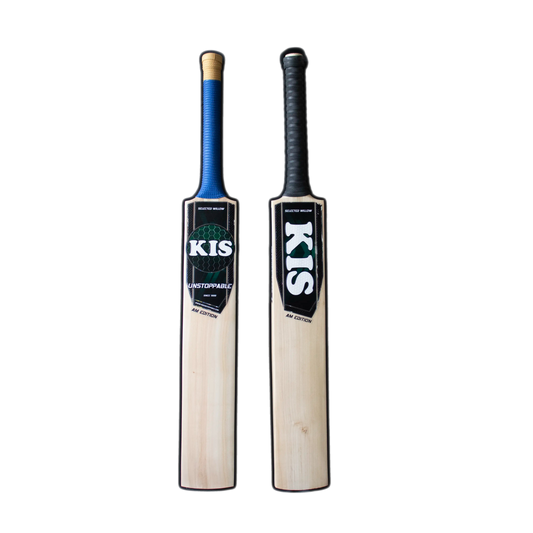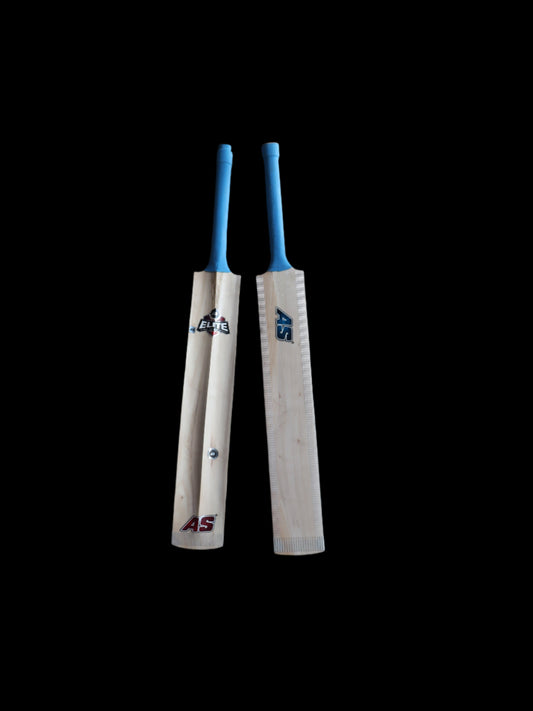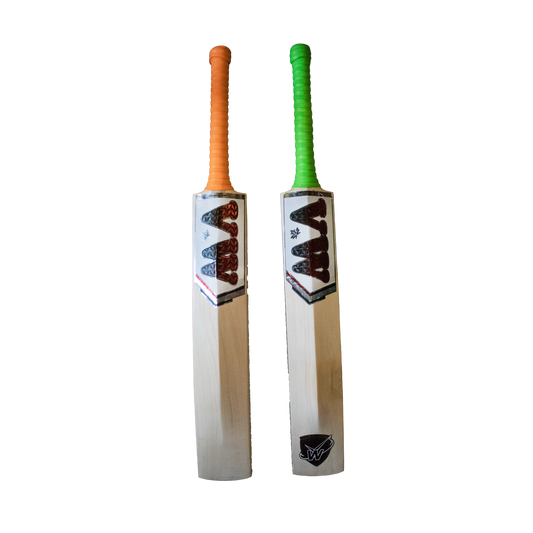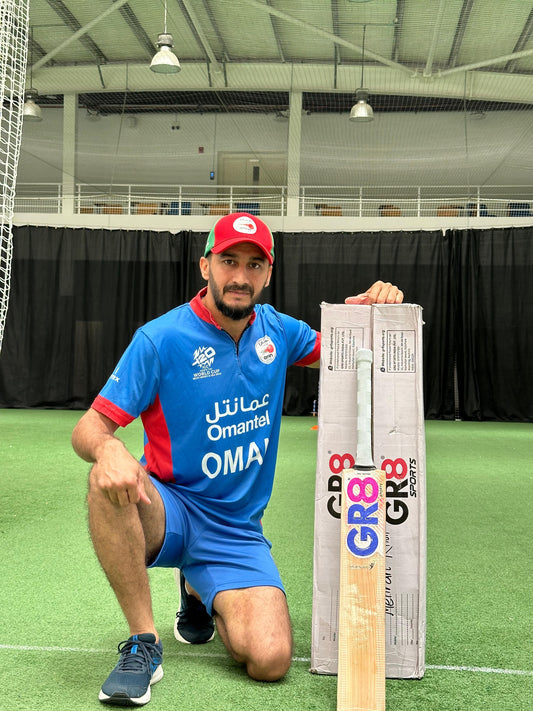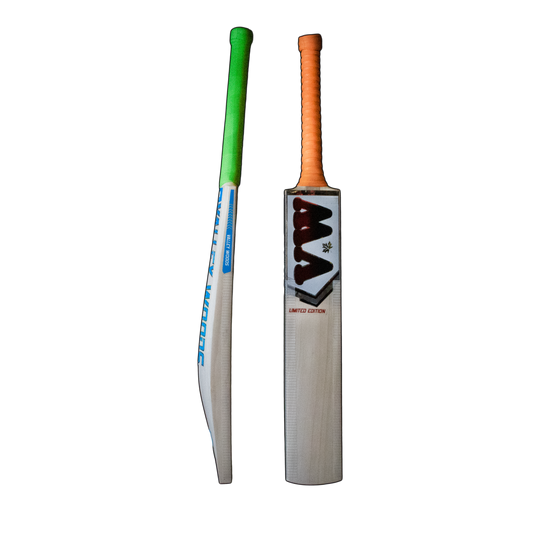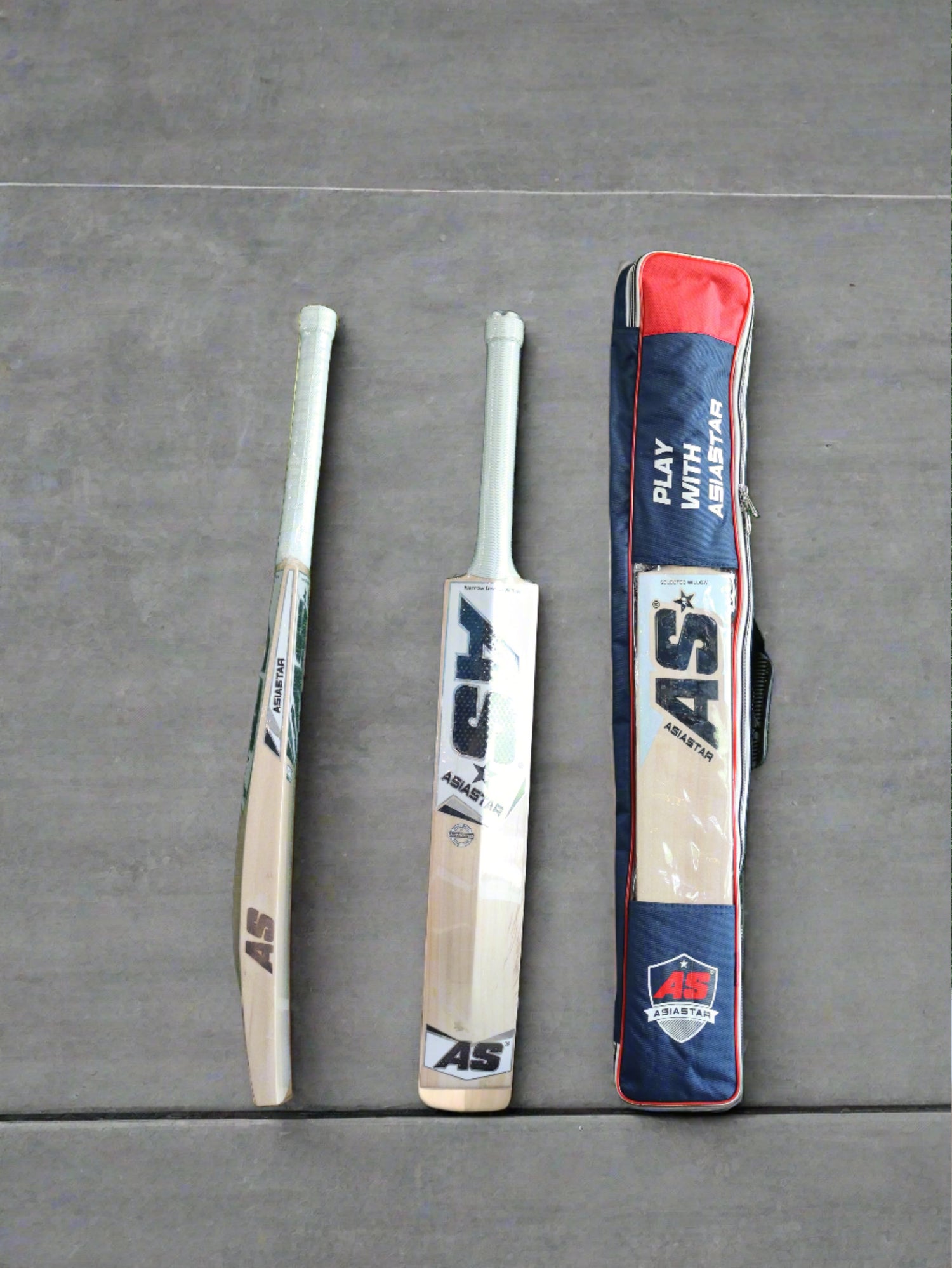Introduction
Cricket, often dubbed as the "gentleman's game," is anything but gentle on the players. The intense physical demands of batting, running between the wickets, and fielding can take a toll on even the most seasoned cricketers. One common issue that plagues batsmen, especially in high-stakes ICC cricket matches, is cramps. In this blog post, we'll delve into what causes cramps in cricket, their impact on players, and most importantly, the best practices to prevent them and ensure peak performance.

Understanding Cricket-Related Cramps
Cramps in cricket primarily occur due to dehydration, fatigue, and overexertion. Let's break down these factors and understand their roles in causing cramps:
- Dehydration: Cricket matches, especially in tournaments like the ICC, can last for hours under the scorching sun. Players sweat profusely, losing vital fluids and electrolytes. Dehydration can lead to muscle cramps as it disrupts the balance of electrolytes in the body.
- Fatigue: The exhaustive physical and mental demands of cricket, along with extensive running between the wickets, contribute to muscle fatigue. Overworked muscles are more prone to cramping.
- Overexertion: Batsmen often make explosive movements when running or playing shots, which can strain muscles and increase the risk of cramps. This is especially true during high-pressure moments in ICC matches.
The Impact of Cramps in Cricket
Cramps can have a significant impact on a batsman's performance and the overall outcome of an ICC cricket match. Here's how cramps can affect players:
- Reduced Mobility: Cramps limit a player's range of motion, making it difficult to move quickly between the wickets or position themselves for shots.
- Decreased Focus: The pain and discomfort of cramps can be distracting, affecting a player's concentration and decision-making on the field.
- Increased Risk of Injury: Cramps can make players more susceptible to other injuries, such as muscle strains or pulls.
Best Practices to Prevent Cramps
Preventing cramps in cricket is essential for players to perform at their best. Here are some best practices to help batsmen stay cramp-free during ICC matches:
- Hydration: Staying well-hydrated is crucial. Batsmen should drink water or sports drinks before, during, and after their innings. Electrolyte-rich drinks can help maintain the body's electrolyte balance.
- Proper Nutrition: A balanced diet that includes carbohydrates, proteins, and healthy fats provides the necessary energy and nutrients for muscles to function optimally. Batsmen should consume easily digestible meals before the match.
- Stretching and Warm-Up: A thorough warm-up routine that includes stretching can help prevent muscle tightness and cramps. Concentrate on the muscles used while batting, running, and fielding.
- Adequate Rest: Players should ensure they get enough sleep and rest to recover from strenuous practice sessions and matches.
- Reduce Overexertion: While explosive movements are a part of cricket, it's essential to maintain a balance and not overexert yourself, especially during high-pressure situations.
- Monitor Weather Conditions: Pay attention to weather forecasts. In extremely hot or humid conditions, take more frequent breaks and stay in the shade when not on the field.
- Consider Cramp-Prevention Products: Some athletes use products like compression garments or electrolyte tablets to help prevent cramps. Consult with a sports nutritionist or trainer to see if these are suitable for you.
Conclusion
Cramps in ICC cricket matches can be debilitating, as seen in recent incidents involving Glenn Maxwell and Mohammad Rizwan in the 2023 matches. The excruciating pain and frustration of cramps can change the course of a game. By implementing the best practices mentioned here, players can reduce their risk of cramps and focus on winning for their teams in high-stakes ICC matches. Staying hydrated, well-nourished, and properly conditioned are essential elements in preventing cramps and ensuring peak performance on the international stage.







